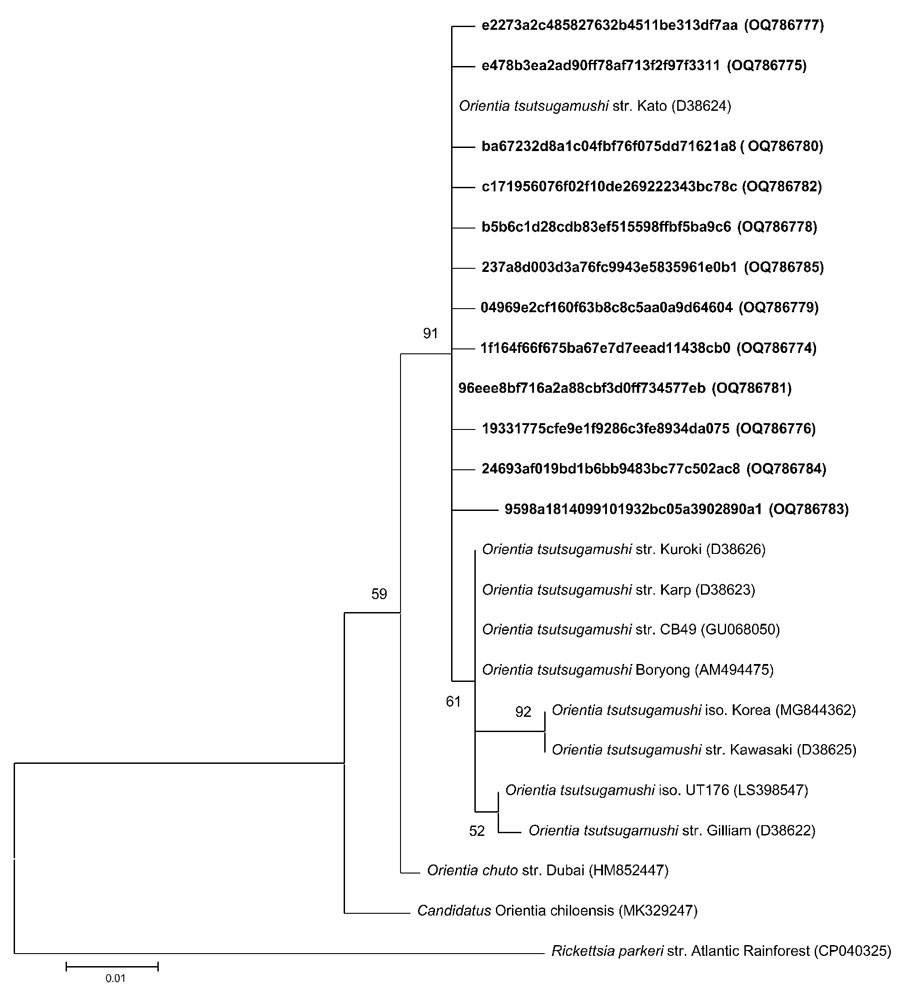2023-07-12 パシフィック・ノースウェスト国立研究所(PNNL)
◆ナノ粒子は新たな場所で使用される際に問題が生じることもあり、その特性に応じた規制が必要です。また、血液脳関門の克服やコンピューターの思考制御、DNA編集などについても慎重な検討が必要です。さまざまな分野の専門家が倫理的なナノバイオテクノロジーの重要性を認識し、議論することが必要です。今後10年を見据えて、ナノテクノロジーについて真剣に考えるべきです。
<関連情報>
- https://www.pnnl.gov/news-media/establishing-ethical-nanobiotechnology
- https://www.liebertpub.com/doi/10.1089/hs.2022.0014
生体内応用における新興ナノバイオ技術の有望性と安全性とセキュリティへの影響 The Promise of Emergent Nanobiotechnologies for In Vivo Applications and Implications for Safety and Security
Anne M. Arnold, Ashley M. Bradley, Karen L. Taylor, Zachary C. Kennedy, and Kristin M. Omberg
Health Security Published:17 Oct 2022
DOI:https://doi.org/10.1089/hs.2022.0014

Abstract
Nanotechnology, the multidisciplinary field based on the exploitation of the unique physicochemical properties of nanoparticles (NPs) and nanoscale materials, has opened a new realm of possibilities for biological research and biomedical applications. The development and deployment of mRNA-NP vaccines for COVID-19, for example, may revolutionize vaccines and therapeutics. However, regulatory and ethical frameworks that protect the health and safety of the global community and environment are lagging, particularly for nanotechnology geared toward biological applications (ie, bionanotechnology). In this article, while not comprehensive, we attempt to illustrate the breadth and promise of bionanotechnology developments, and how they may present future safety and security challenges. Specifically, we address current advancements to streamline the development of engineered NPs for in vivo applications and provide discussion on nano–bio interactions, NP in vivo delivery, nanoenhancement of human performance, nanomedicine, and the impacts of NPs on human health and the environment.


